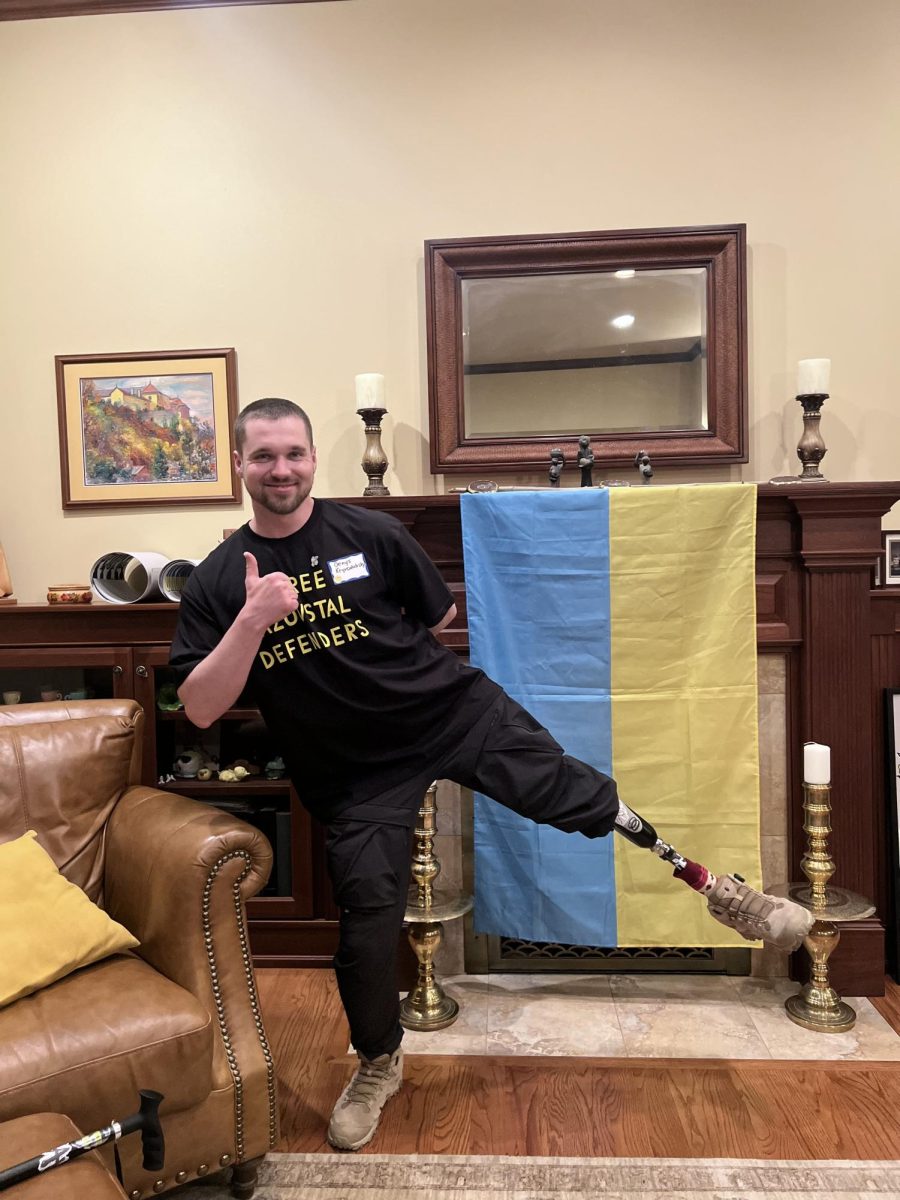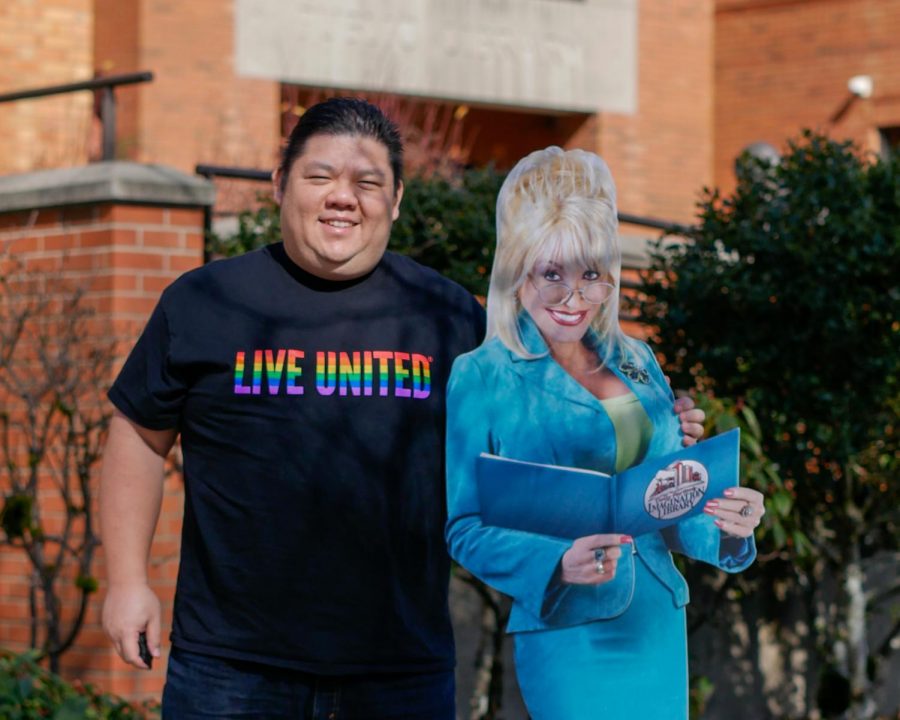Corvallis joins Dolly Parton’s Imagination Library, making steps towards diversity, inclusion in literature
March 24, 2021
Clarification: A quote by Kristi Collins was changed from “We have had a bucket of funds set aside for year two because our funding is done on a biennial basis” to “Our funding is done on a biennial basis and we had funds set aside for the second year of the biennium that had not yet been allocated” to provide clarification.
Young Corvallis children up to the age of five can now be delivered books to their doorstep from non-profit organization, Dolly Parton’s Imagination Library, every month. By providing bilingual options, the program seeks to improve diversity and inclusion within available literature.
Families can sign up for the Dolly Parton Imagination Library by visiting the local United Way website at or by calling the Corvallis-Benton Public Library at 541-766-6793.
According to Ashlee Chavez, Corvallis-Benton County Public Library director, the Dolly Parton Imagination Library is a nationwide program that focuses on delivering books straight to children’s homes. The program sends out the same book to all families each month and these books that are sent out include books that are in English, Spanish and bilingual
Chavez said via email that the Corvallis-Benton County Public Library has over 77 languages represented in their collection.
“Generally speaking, the subject of diverse books is multifaceted,” Chavez said “Ensuring that the Library owns books in other languages is an important component of having a diverse collection but there are many other considerations! As one example, it is our responsibility to ensure we own books featuring diverse characters that readers can identify with and see themselves in.”
The Corvallis-Benton County Public Library also sends staff to the Guadalajara International Book Fair as Chavez said that it is one of the best places to obtain items in Spanish for the collection.
“There are many barriers we experience in curating and building a diverse collection of items but some of them are completely beyond the library’s control,” Chavez said. “For example, there’s a lack of diversity and representation in publishing in general and it’s a topic where a lot of effort is being invested in right now.”
One non-profit organization is We Need Diverse Books, which is dedicated to promote this diversity and representation.
However, Corvallis’ entry into the Dolly Parton program would not have been possible without a $55,000 grant from the Early Learning Hub of Linn, Benton and Lincoln Counties.
Director of the Early Learning Hub, Kristi Collins, said that funding primarily comes from the Early Learning Division and as state general funding.
“We work as an Early Learning Hub governing board and group of regional partners to identify the needs within the community and help allocate those resources to meet the needs,” Collins said. “Our funding is done on a biennial basis and we had funds set aside for the second year of the biennium that had not yet been allocated.”
Due to the pandemic, Collins said that they were not able to allocate those funds that they traditionally do through a Request for Application grant-making process.
“[Instead], we looked to other initiatives that we previously supported that were continuing to do good work and had need,” Collins said. “One of those initiatives was the Dolly Parton Imagination Library through United Way. We knew there was a gap in the region of not being able to have it fully implemented across all three counties—Corvallis did not have access to Dolly Parton’s Imagination Library.”
With this gap and with the proper funding saved, the Governance Board made the decision to allocate these resources to United Way—acting as a fiscal agent for the Dolly Parton program.
Director of Community Relations and Engagement at United Way Linn, Benton, Leah Horton, and Lincoln Counties said that the Dolly Parton program works together with local libraries to help make sure families can sign up for the program.
For instance, Horton said that if a family doesn’t have access to the internet to sign up for the program, they can go down to any of the libraries. The librarians then will help families sign up and navigate that process.
“We are very much working in partnership with our libraries, with our school districts and the hospitals as well to get families signed up for this program because we know that it works so well,” Horton said. “We recognize that when children have access to books, books in their homes and people to read to them, they tend to perform better academically.”



















































































![Newspaper clipping from February 25, 1970 in the Daily Barometer showing an article written by Bob Allen, past Barometer Editor. This article was written to spotlight both the student body’s lack of participation with student government at the time in conjunction with their class representatives response. [It’s important to note ASOSU was not structured identically to today’s standards, likely having a president on behalf of each class work together as one entity as opposed to one president representing all classes.]](https://dailybaro.orangemedianetwork.com/wp-content/uploads/2025/03/Screenshot-2025-03-12-1.00.42-PM-e1741811160853.png)























